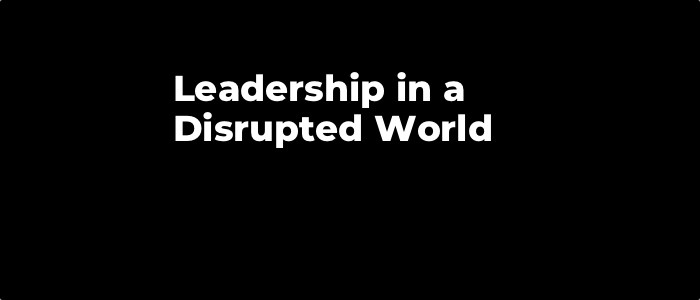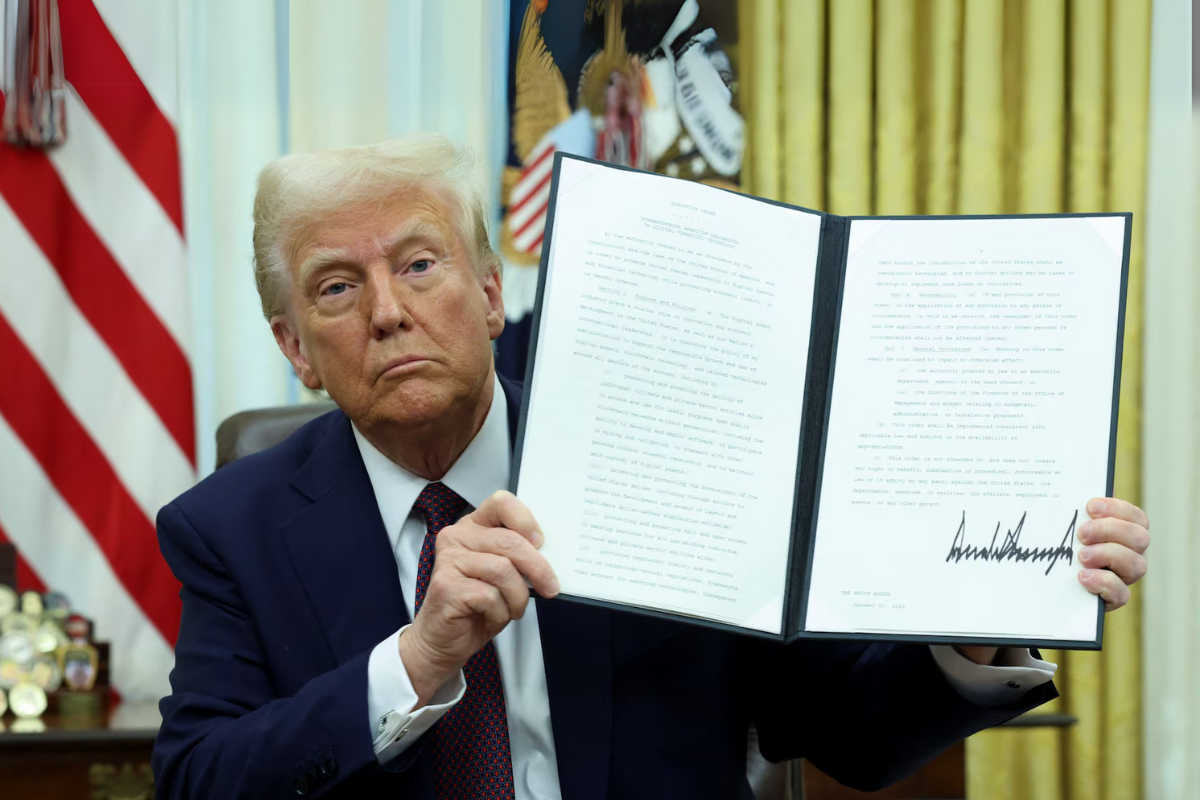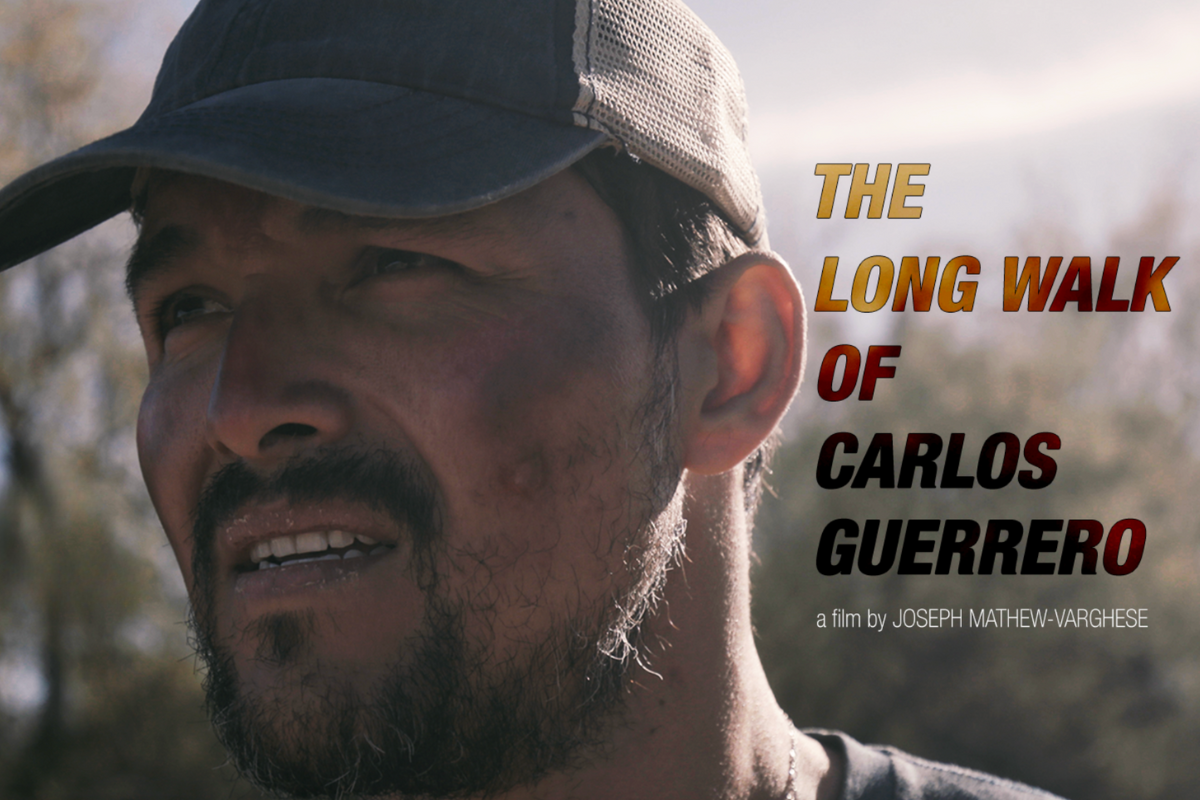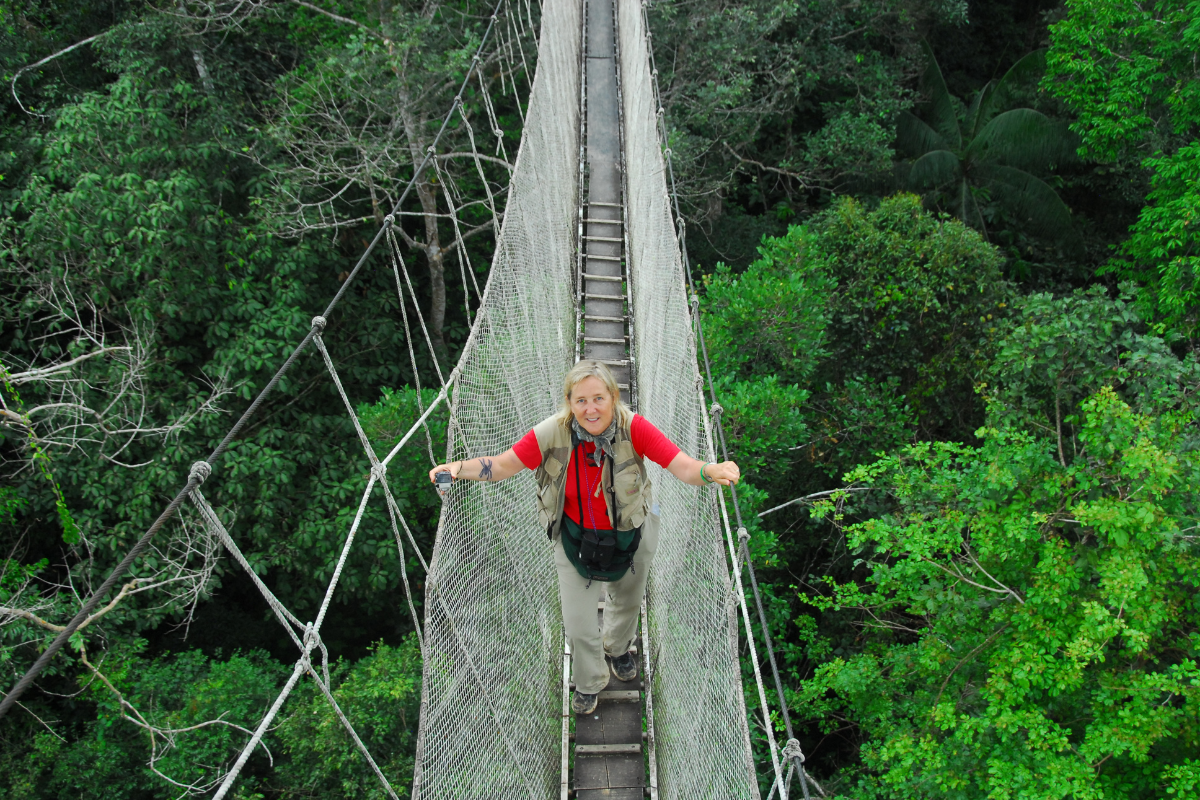Our daily news feeds tell the story of a transformational time:
- Trade and financial sanctions picking apart long established global supply chains;
- Voters increasingly choosing anti-establishment candidates in rejection of the centrist politics of more than half a century;
- Borders being raised or reinforced against people and ideas that are seen to threaten national identity;
- Continued erosion of the social safety net that was supposed to be the middle class’s trampoline into prosperity;
- Renewed great power competition;
- Seemingly endless, unimaginable technologies emerging from the academy, which offer (or perhaps threaten) to change the nature of the life on our planet.
There are two possibilities, of course. One is that these are aberrant developments, perhaps the inevitable residue of the Great Recession; after all, the Great Depression produced far worse consequences. In that case, we should celebrate the resilience of the global system, and recognize that we are still within the framework of globalizing prosperity that has persisted for seventy years.
The other is that we are approaching the inflection point of an exhausted system; metaphorically, the early months of 1914. Social, political, cultural, economic and technological pressures are building in ways we cannot fully understand ex ante, but which are clearly signally profound stress. Over the great sweeps of history, these kinds of transformations tend to be violent.
What’s a leader to do? How to maneuver in a world where many of the fixed points seem to be in motion? How to define and sustain a vision, and translate it into action? What is the role of values—and whose values matter?
The Tällberg Foundation will convene a diverse group of leaders in Mexico City, November 13-15, in partnership with the Instituto Tecnológico Autónomo de México (ITAM), to celebrate the winners of the 2018 Eliasson Global Leadership Prize and to explore critical aspects of leadership in the 21s t century. (Read more about the winners of the prize here www.tallberg-snf-eliasson-prize.org)
The underlying conceit of Tällberg’s approach to leadership is that great leaders share a common set of characteristics that transcend what they do and where they do it. They are courageous, dynamic, innovative, grounded in universal values, and global in aspiration—whether they are politicians or scientists or artists or business executives
In that spirit, the Mexico City workshop will focus on three themes:
- Emerging disruptive technologies have the potential to solve everything: climate change, fossil fuel dependency, disease, hunger, dependence on disappearing resources, etc. But should scientists and technologists be the ones to define the world that their imaginations could make possible? How to insist on (and design) broader governance? How to inject ethical and moral judgments into the conversation?
- At times of deep societal changes, cultural figures are often the best, most sensitive seismographs of otherwise invisibly gathering pressures. But what is the obligation—or even possibility—of an artist or a playwright or a filmmaker to lead? Arguably, great art is a necessary condition for an artist to a leader, but surely it is not sufficient. What constitutes great leadership from a cultural perspective—and do we need it?
- The fissures that are re-emerging in many societies are deep, even primordial. Race, religion, national identity, ethnicity are again sources of civil and inter-state conflict. Too many are cynically leveraging these forces to accumulate power with predictable results. What leadership tools and strategies can be developed to reverse this tendency towards seeking the lowest common denominator—rather than aspiring to the highest? How can leaders flip the switch to get people focused on what they have in common, rather than what makes them different in ways that contribute to achieving their visions?
Of course, there are no simple answers to any of these questions, but we believe that informed, provocative and imaginative conversation can point in some useful directions. In that spirit, the Mexico City workshop will be fundamentally interactive, with key inputs from various participants.




